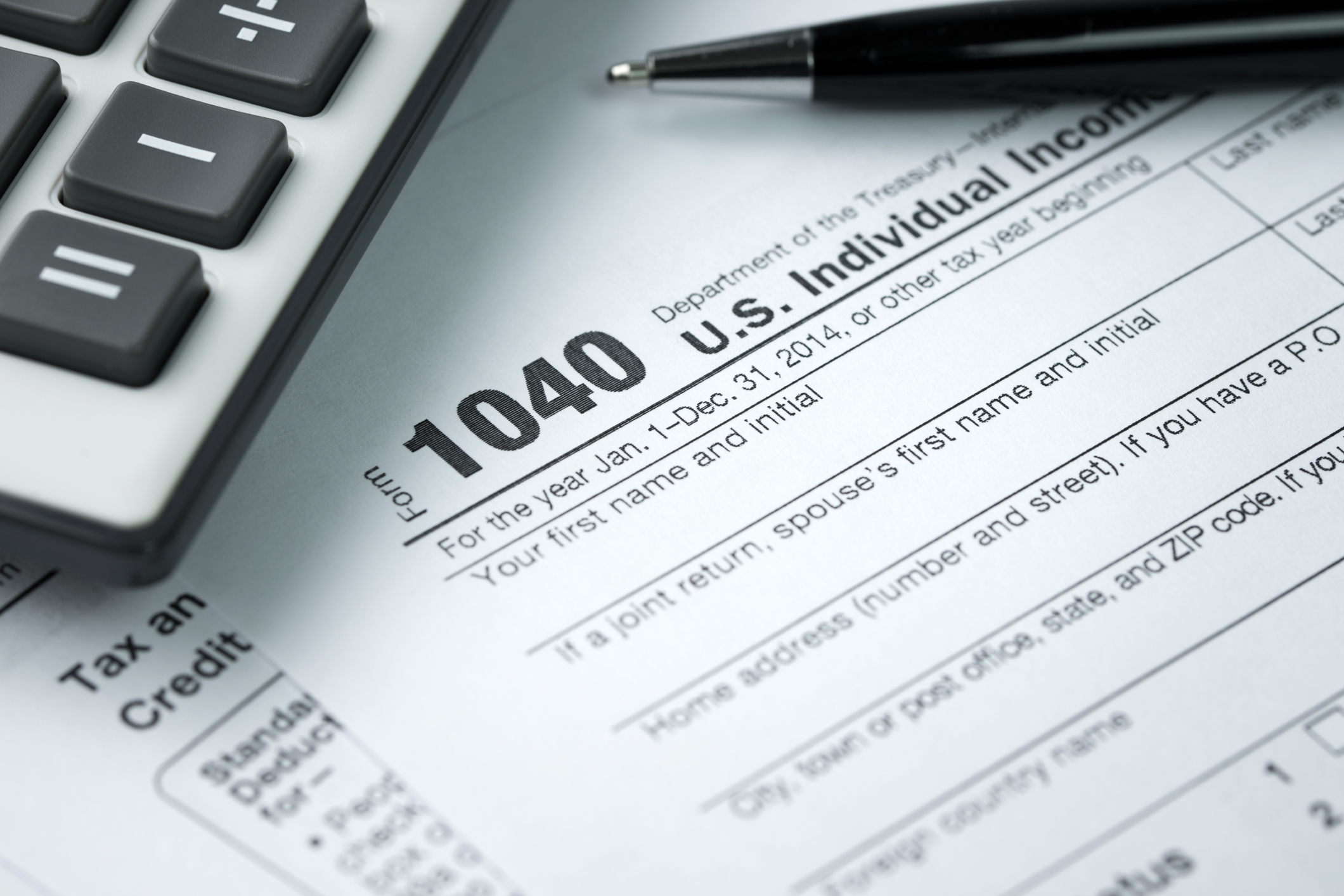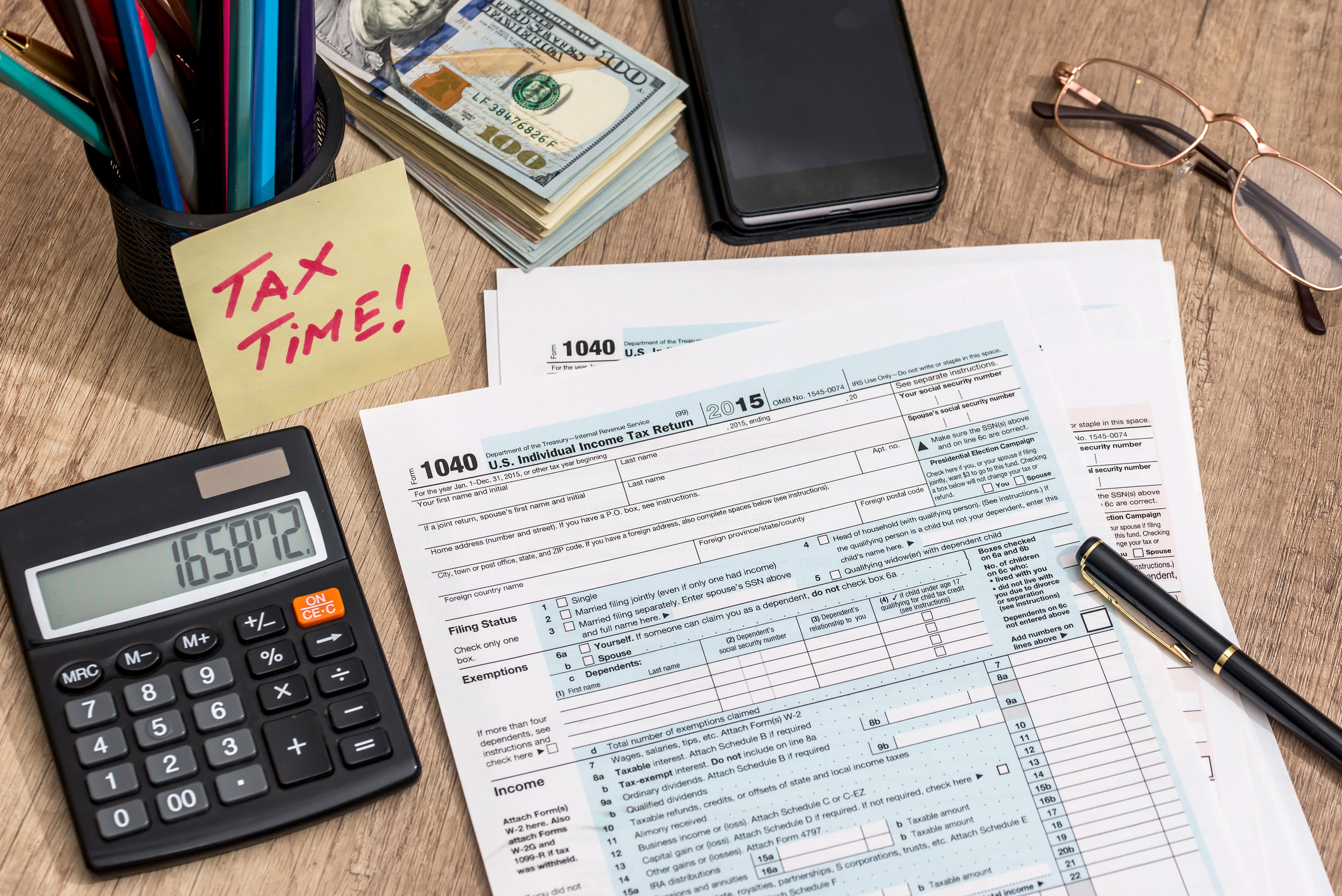A tax write-off is a business expense resulting from the reduction in the value of an asset. It’s an accounting maneuver that allows a business to reduce its taxable income, resulting in a lower tax liability at the end of the year that the write-off is taken.
Every scenario is different, but the basic idea behind a write-off is an asset is impaired in some way, and the business is realizing the impairment in its balance sheet when it takes a write-off.

What are tax write-offs?
A tax write-off is taken when a business has an asset whose real value falls below the value it’s given on its books. The business will debit an expense account and credit the asset account to balance its books. That shows up on its profit and loss statement during the period in which it takes the write-off as an added expense. As such, the write-off maneuver reduces taxable income for the business.
Common tax write-offs
There are three very common write-offs among businesses: unpaid bank loans, overdue accounts receivable, and losses on inventories.
1. Bank loans
When a bank is unable to collect on a loan, it writes off the bad debt. Banks typically have a reserve account for unpaid loans since there’s a reasonable expectation that some borrowers will default. The default rate is built into its lending policies and helps determine the size of its reserves for bad debt.
2. Accounts receivable
If a business determines that a customer will not pay a bill for goods and services delivered, it may write off the accounts receivable asset for that customer. The business simply credits the account, bringing its balance to $0, and generates an expense in the amount it took to pay it off. It can work similarly to how banks manage unpaid loans since a business is, in effect, financing the activities of its customers.
3. Inventories
A company may need to reduce the value of its inventory if it gets lost, stolen, damaged, or spoiled. In that event, the business will write off the value of the inventory asset that’s seen its value impaired.
Inventory
The business impact of a tax write-off
A tax write-off for a business comes with good news and bad news. The bad news is that it has an asset that’s not worth as much as it previously thought. The good news is that it’ll get a tax break from the IRS.
Reducing taxes can produce better cash flow results for investors. Write-offs result in a non-cash expense. In return, the business doesn’t have to pay as much cash in taxes. The net result is more cash left on the balance sheet at the end of the period.
Related investing topics
Are write-offs good or bad for a business?
Whether or not a write-off is a good thing or bad thing for a business comes down to whether or not it was expected.
A bank will consistently write off bad debt. In those cases, the write-off can be considered neutral.
A media company that’s suddenly writing off the value of its content assets, though, may be going through a strategy shift. That shift in strategy may be caused by external factors that put pressure on the business to change, which may mean a period of disappointing financial results.
For stock investors, though, it’s important to remain focused on the future of the business, not the past. A write-off typically occurs after the negative event has already occurred. Management and accounting have determined it’s in the business’s best interest to write off an asset in order to provide the best returns going forward.
Ultimately, a business will take write-offs opportunistically, as they provide a way to reduce their tax bills and keep more cash in their pockets to invest in the future of the business.


















